Surrogacy Laws & Process in Indiana

Understanding the Surrogacy Process in Indiana
Surrogacy in Indiana presents unique legal considerations. While gestational surrogacy is practiced in the state, Indiana law explicitly states that surrogacy contracts are void and unenforceable under Indiana Code §31-20-1-1. This means that even though intended parents and surrogates can enter into written agreements, those contracts may not hold up in court.
Despite this restriction, many intended parents still move forward with gestational surrogacy in Indiana. Some courts may grant pre-birth parentage orders, particularly in cases involving married opposite-sex couples, but this is not guaranteed and varies by judge and county. Because of this legal uncertainty, it is essential to work with experienced legal counsel familiar with Indiana surrogacy practices.
At Carrying Dreams, we provide trusted guidance throughout the process to help you navigate Indiana’s complex legal landscape safely and professionally.
A HUGE Thank You To Our Sponsors...





Pre-Birth Parentage Orders in Indiana: Legal Recognition Before Birth
Pre-birth orders are most likely to be granted when the intended parents are a married heterosexual couple using their own genetic material. In cases involving single parents, same-sex couples, or donor gametes, pre-birth orders may still be possible, but results depend on the individual court’s interpretation and comfort level with Indiana’s surrogacy statute.
The following family types may be eligible for pre-birth parentage orders, depending on the court:
Married Opposite-Sex Couples:
Most likely to be granted pre-birth parentage orders, especially if using their own egg and sperm.
Married Same-Sex Couples:
May receive pre-birth recognition in some courts, but outcomes vary.
Unmarried Heterosexual Couples:
May face greater legal uncertainty; pre-birth parentage depends on the court.
Unmarried Same-Sex Couples:
May pursue parentage, but are often required to complete post-birth adoption.
Single Intended Parents:
May be eligible, especially if using their own gametes, but legal recognition often requires additional post-birth steps.
Couples Using Donor Gametes:
Parentage may be recognized depending on court discretion and legal arguments presented.
In many cases, if a pre-birth parentage order is denied, intended parents may pursue second-parent adoption or stepparent adoption after birth to secure full legal rights.
Who Can Be a Surrogate in California?
Eligibility Criteria:
- Surrogacy is open to both married and unmarried women who meet the necessary health and emotional requirements.
- Women must have had at least one successful pregnancy in the past and be medically healthy to carry a child for others.
Health and Medical Requirements:
- A surrogate must undergo a thorough medical screening to ensure they are physically capable of handling a pregnancy, including tests to evaluate overall health, reproductive history, and mental well-being.
Age Requirements:
- Typically, surrogates should be between 21 and 40 years old to ensure both a healthy pregnancy and the emotional maturity needed for the process.
Emotional Readiness:
- The emotional and psychological aspects of surrogacy are critical. Surrogates must be mentally prepared for the process, understand the emotional challenges, and be able to handle the separation from the baby after birth.
No Strict Legal Restrictions:
- Montana does not impose rigid legal restrictions on who can be a surrogate. However, having the right legal and emotional support is essential for both the surrogate and the intended parents to ensure a smooth process.
Explore the Carrying Dreams Surrogacy Heatmap

